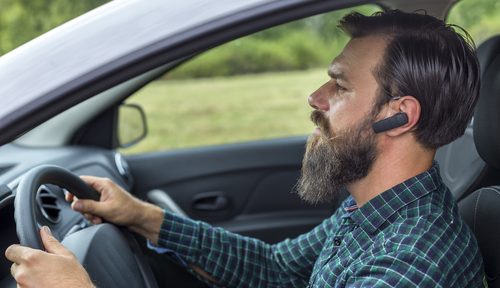UK van drivers are being encouraged to look after themselves, after new research revealed fewer than four in ten van operators have had a doctor’s check-up in the last 12 months.
What’s more, 61 per cent do not eat fruit and vegetables every day and admit to having “unhealthy diets”.
Self-care is important for everyone
Research from Mercedes-Benz Vans UK engaged with 2,000 UK van drivers and owners to compile its findings.
The results highlight a growing need for many van operators to place a far higher priority on looking after their health.
Steve Bridge, managing director at Mercedes-Benz Vans UK, said: “As an industry, the van sector is spent focusing on others – from parcel and delivery couriers, e-grocery, service engineers and facility management companies are all spent focused on benefiting others, but we think it’s time that more self-care is taken.”
He went on to argue there is a growing need for van operators to be more health-conscious.
Partnering with Mercedes-Benz Vans and responding to the research, former professional footballer Alan Stubbs added it is essential people do not bury their heads in the sand if they think there is something wrong with their health.
“My message to men across the country is that if you think something isn’t quite right, go and get it checked,” he stated.
Ellie Baker, brand manager at Fuel Card Services, comments: “Self-care is important for everyone, especially those who include heavy lifting or long periods of sitting down and driving in their workday. It’s important for people to recognise their health can be greatly affected by their choices at work.”






